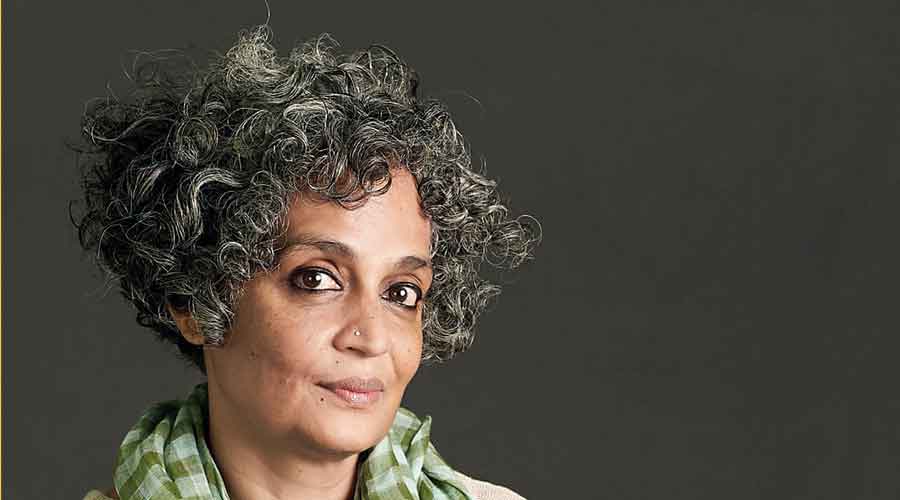How can a system be turned on its head? The death of Gauri Lankesh five years ago symbolised this question about the secular, democratic republic of India; its anniversary offered an occasion to articulate the question again. Arundhati Roy, the author and activist, showed why India could not be called a democracy anymore. She referred to the frequency with which legislators changed parties: people voted for a candidate belonging to one party and the next day they were of another party, yet this was legal. Ms Roy’s example did not relate to Bharatiya Janata Party-ruled India alone; crossing floors had happened many times before Narendra Modi’s government came to power. The legality, too, was the result of laws which left loopholes, usually convenient for the dominant side. But her acerbic suggestion that legislators auction themselves off with a minimum support price was directed at the BJP, which has been greatly successful in overturning Opposition state governments with methods that are an open secret. The number of elected governments thus undermined since the BJP came to the Centre certainly raises questions about the effectiveness of the electoral democracy.
That hijacking Opposition governments is part of the BJP’s regular method of expanding power — votes have nothing to do with it — indicates the agency behind the system’s erosion. It manifests itself in paradoxes that Ms Roy pointed out: that oppressed, unemployed and suffering people vote for ‘further hellishness’, victims of the caste system vote for those who uphold it, and people believe more in propaganda than in the reality they struggle with daily. The paradoxes are symptoms of the malaise India is afflicted with today; the question, as Ms Roy said, was what brought the country to this pass. There can be no simple answer to this. The creation of a pervasive fear, the encouragement of superstitions and traditional hatreds and the flaunting of worship that blind everyday folk to the rapacity of the powerful could be part of the reason. The situation has not been helped by the disunity among many non-BJP parties, their corruption and greed. Additionally, the devaluation of learning and the attempts to destroy independent thinking through education are preparation for further paradoxes. The finest paradox among them, though, is that it is the same everyday folk who alone can change this.











